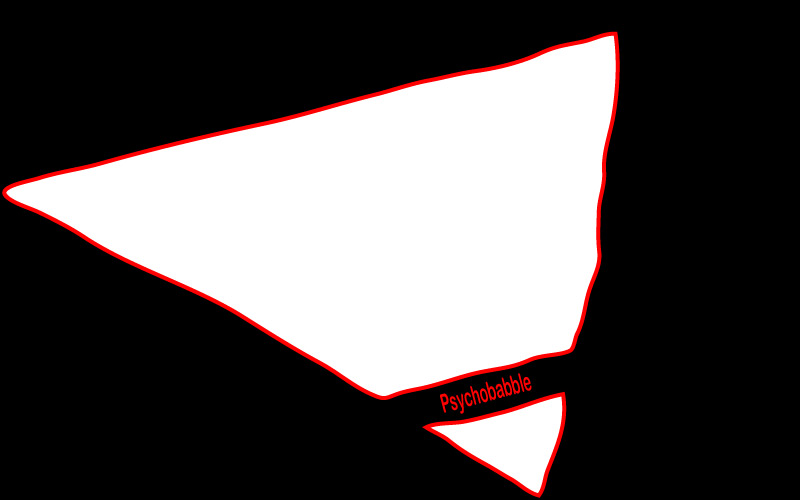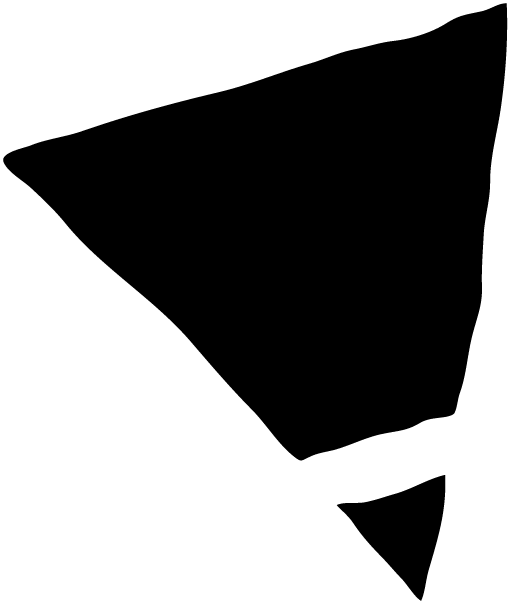

The following appeared as an introduction to Student Solidarity, a journal of university student writings exploring social justice issues through coursework assignments.
In the first issue, I suggested that the idea of social justice could be very abstract. This abstractedness has only become more apparent as the journal has progressed. One of the first tasks taken on by the Student Solidarity editorial board was to come up with a working definition of social justice as it relates to the goals of the journal. This proved to be a daunting task. We talked about narrow and broad definitions and the benefits and drawbacks of each: narrow definitions keep our goal focused but may exclude some submissions; broad definitions open up the possibility for debate, but may water down the meaning of social justice.
I find it very interesting that a group of seven highly educated university faculty members, each one specializing in different areas that routinely deal with social justice issues, was unable to reach a clear consensus on the definition of social justice. But, after much thought and consideration, I do not find it surprising.
First, let's deal with the word "social." This is not the hard part to understand; it simply means in or of society.
Each of us is a member of society, most of us many different, often overlapping societies. Now, within these societies we must try to define "justice.” Part of the difficulty in defining this term is the dual nature of language within the arena of politics, or as Noam Chomsky says, under the heading, "War is Peace. Freedom is Slavery. Ignorance is Strength.” in his book, What Uncle Sam Really Wants, "The terms of political discourse typically have two meanings. One is the dictionary meaning, and the other is a meaning that is useful for serving power – the doctrinal meaning.” This is clarified a little, concerning the term "justice,” in the following excerpt from a Chumbawamba/DIY song called "Justice/Injustice,”
Some would say that justice stings without regard to right or wrong. Some like the Guilford four and the Birmingham six spent years locked up discovering a justice which was racist, blind, and unable to admit its mistakes. Some, like thousands of homeless people begging outside Britains train stations and sleeping rough on the street find their justice in a society which criminalizes its poor. Some, like Joy Gardner, died from justice administered by cops, trying to deport her using the force of law and the force of violence. Some, who grow up loving people of their own sex, find that what they thought was natural is punishable in the courts. A bigoted, conservative, hateful justice. Some, like the police, servants of the bullies and cowards who pay their salaries, find that justice never falls on the shoulders of those wearing the uniform.
Had the word "justice" been included in Chomsky's passage previously referred to, it would have read, justice is injustice. The gulf between these two diametrically opposed meanings is filled with what Subcomandante Marcos, of the Zapatista Army for National Liberation, calls, in his essay "Chiapas: The Southeast in Two Winds: A Storm and a Prophesy,” the wind from below and the wind from above.
The wind from above speaks in proclamations and legislations from corporate towers and government powers. Its relentless aim is to subjugate, dominate and obliterate hope and dignity. The wind from below speaks in whis¬pers and slight breezes from the ghettos, prisons, factories, reservations, shelters, streets and gutters. Its determined aim is to communicate, cooperate and reinvent hope and dignity.
The wind from below is forgotten and neglected, but nevertheless very much present. It speaks of despair, but not only despair. It speaks of love and companionship found in unsuspected places; it speaks of dignity and hope in the face of despair; it speaks of dissent and rebellion in the face of oppression. The wind from below comes from the marginalized, demoralized, victimized, dispossessed, disadvantaged, demonized downtrodden masses. The wind from below pleas for help even as it declares its own humanity, or as Subcomandante Marcos says,
Not everyone hears the voices of hopelessness and conformity. Not everyone is carried away by hopelessness. There are millions of people who continue on without hearing the voices of the powerful and the indifferent. They can't hear; they are deafened by the crying and blood that death and poverty are shouting in their ears. But, when there is a moment of rest, they hear another voice. They don't hear the voice that comes from above, they hear the voice that is carried to them by the wind from below, a voice that is born in the Indigenous heart of the mountains. This voice speaks to them about justice and freedom, it speaks to them about hope… the only hope that exists in the world.
I might have come up with a definition for social justice that is not long-winded or loaded with confusing academic words. Social justice is the absence of oppression. Oppression, like the wind from above, is a part of our daily lives, whether as witnesses to it, perpetrators of it, or those who directly experience it, yet it is still not surprising that social justice is so difficult to define, for it is too rare that any of us actually witness social justice, like the wind from below.
Of course, when these generalizations are broken down to the individual level, there are still many conflicting definitions of social justice. Marcos' wind from below, while very real, is still difficult to understand. There cer¬tainly are those people in the world who believe the deaths and destruction of September 11, 2001, were acts of social justice. And there are definitely those people in the world who believe that bombing a third world country into the fifth or sixth world is an act of social justice. In the end, I fear social justice will remain a vague concept, without any concrete examples of it to point to, until it becomes a part of our regular discourse. For now, the definition is up for grabs, will it be dictated by the wind from above, or offered by the wind from below?
Somewhere within the storm of the two winds, there is a place for Student Solidarity and the students and faculty of this university. Keep an ear out for the wind from below, and, when you hear it, share with the rest of us what it is telling you.







